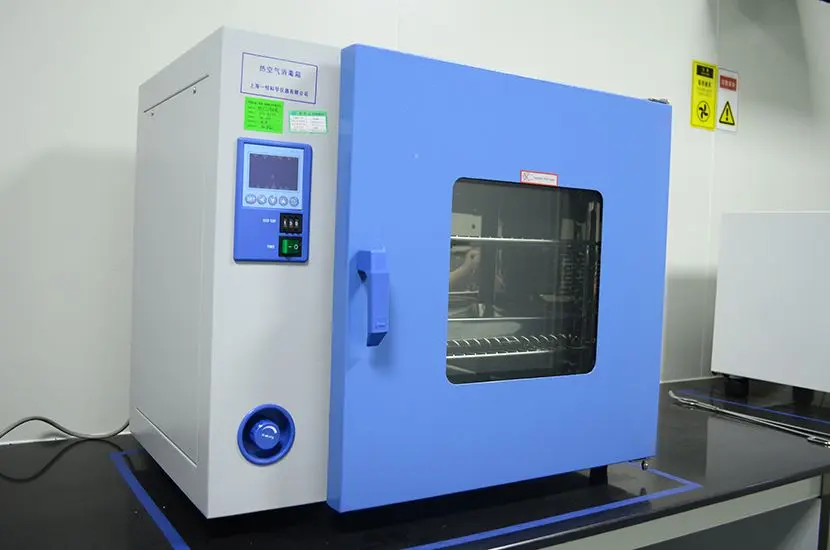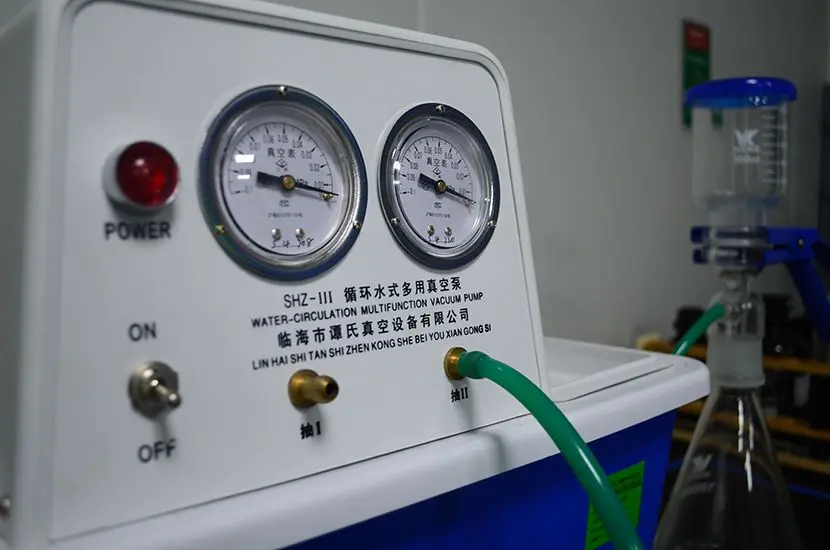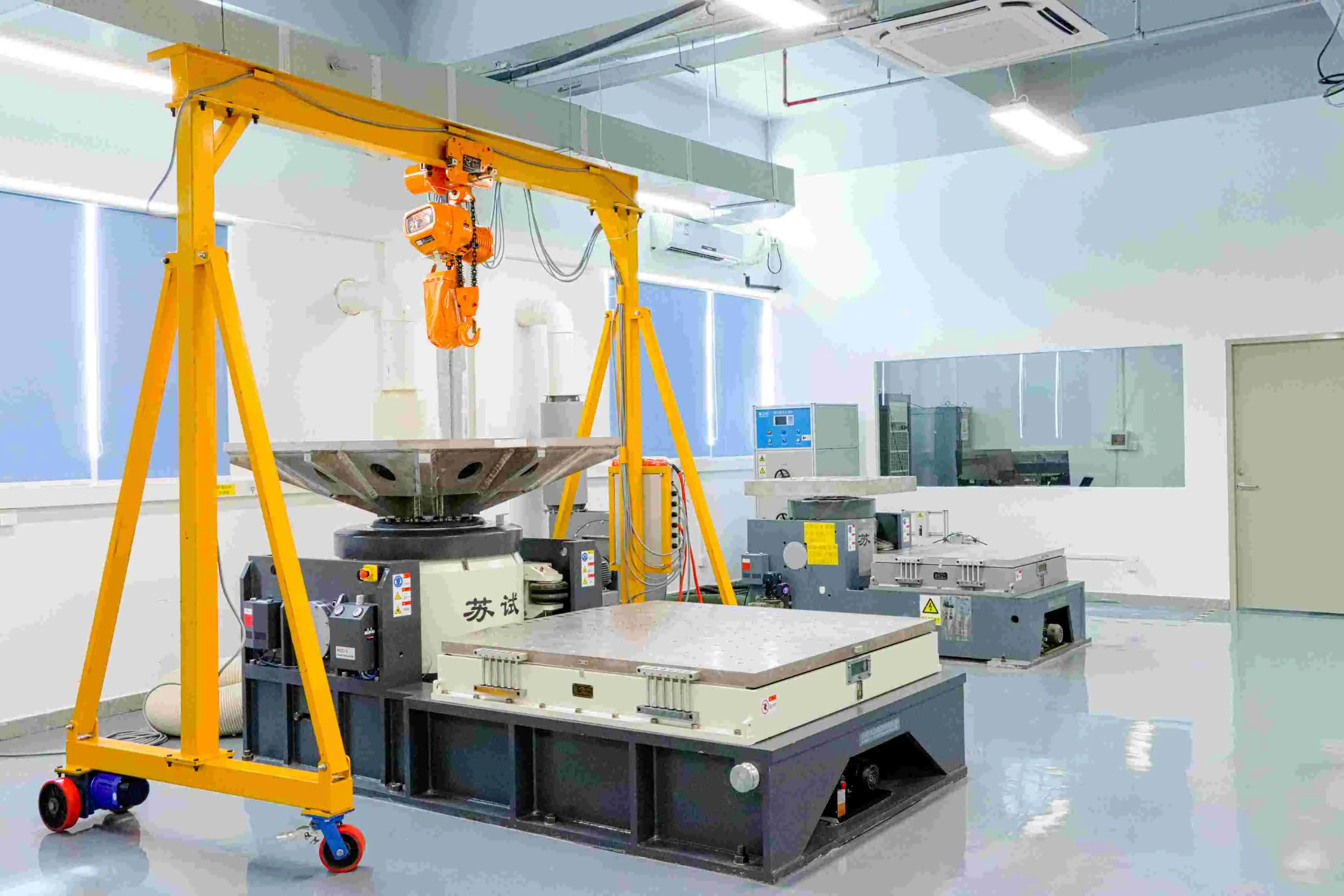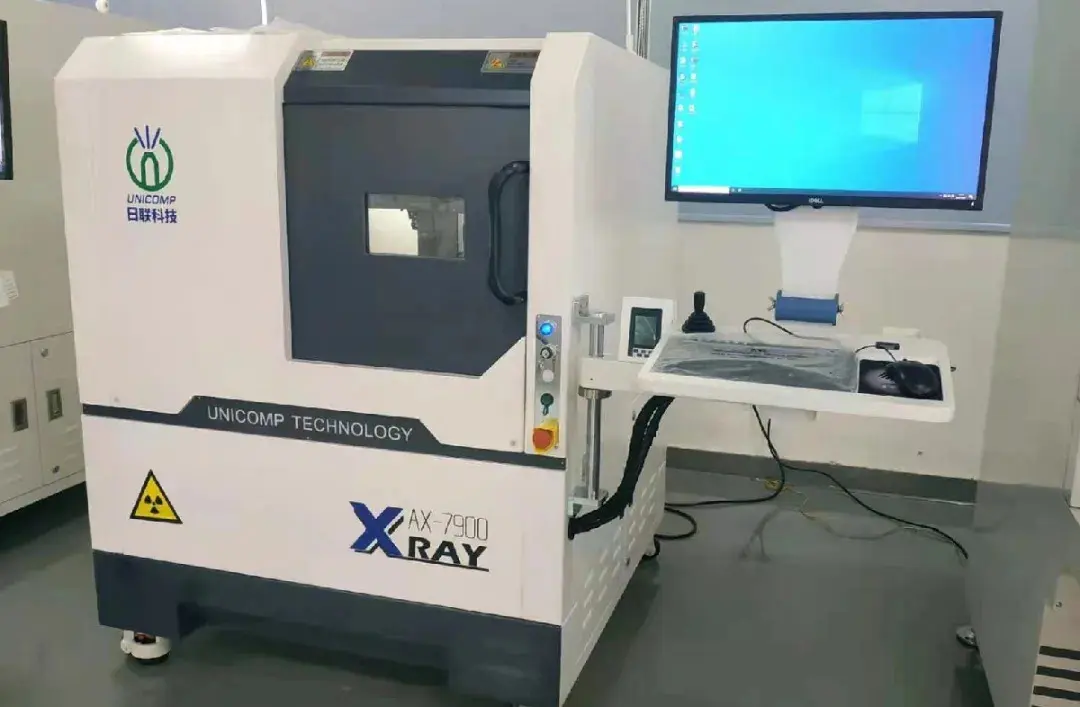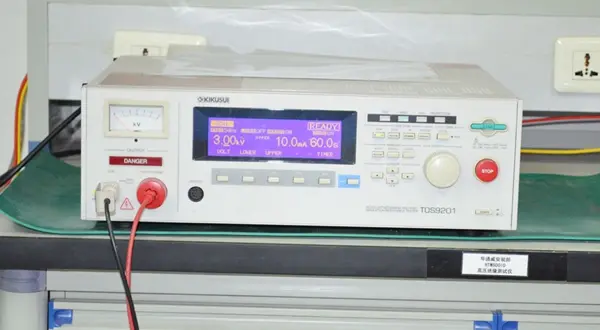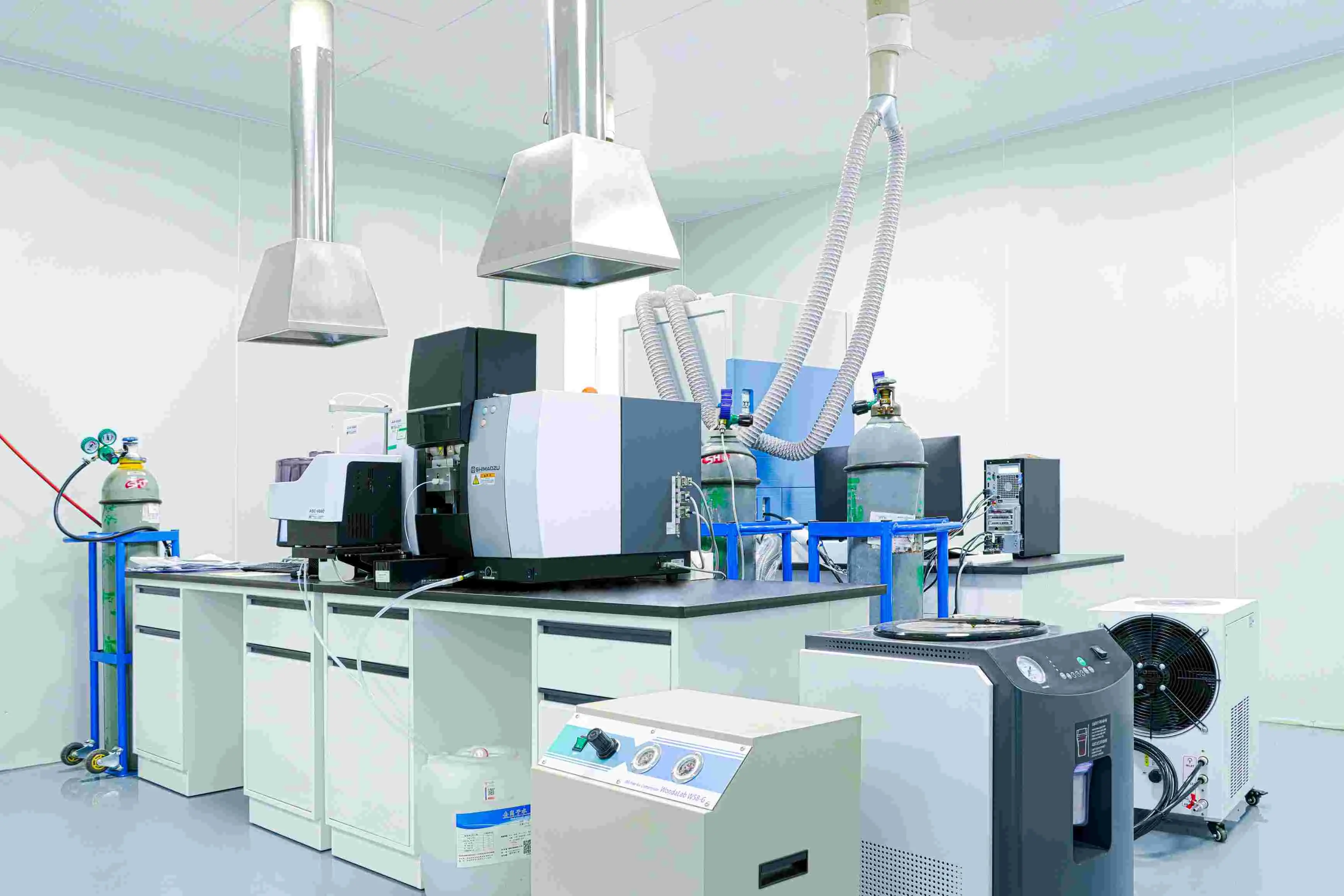German GS certification
Meaning of GS Certification
GS stands for "Geprüfte Sicherheit" (Certified Safety) in German, which also translates to "Germany Safety". The gs certification is grounded in the German Product Safety Act (GPSG) and adheres to the unified European standards EN or German industrial standards DIN. It is a voluntary certification recognized as a mark of German safety across the European market.
The GS Mark
1. The GS mark is a safety certification symbol authorized by the German Ministry of Labor and issued by entities such as TUV and VDE. It is a mark of safety widely accepted by consumers across Europe. Products with the GS certification usually command higher prices and are more popular in sales.
2. As per the European Community CE regulation, the "Low Voltage Directive (LVD)" has been in enforcement since January 1, 1997. The GS certification encompasses all requirements of the LVD. Thus, after obtaining the GS mark, TUV can issue a free CE certificate of LVD conformity (COC) for the product. TUV Rheinland and TUV SUD certificates post-1997 include the LVD certificate within the GS certificate. Manufacturers applying for the GS mark are concurrently granted the LVD certificate.
3. Requirements for GS Certification:
- Products must pass type tests according to European safety standards.
- The design of the product must meet the standards.
- Manuals in German and English should conform to standards.
- English documentation such as "Structural Diagrams", "Circuit Diagrams", and "Parts Lists" prepared as per TUV requirements are necessary for testing the products according to these parameters.
4. Quality Assurance in Manufacturing:
- Factories must establish their quality assurance systems based on the ISO9000 standards before bulk shipping.
- Factories must have their quality systems in place, including quality records and sufficient production and inspection capabilities.
- Before issuing the GS certificate, new factories are inspected to ensure they meet standards.
- Factories are subjected to at least one audit per year, irrespective of how many products they have applying for the GS mark.
GS Certification Bodies
1. German Certification Bodies: Prominent domestic German GS Certification bodies include TUV Rheinland, TUV SUD (also known as TUV PRODUCT SERVICES in China), and VDE.
2. Other Certification Bodies: European and other international bodies cooperating with Germany for GS certification include Eurofins and IMQ from Italy, SGS, and ITS.
Scope of GS Certification
GS certification can be applied to a wide range of products, including domestic appliances like refrigerators and washing machines, home mechanical devices, sporting goods, home electronics like audio-visual equipment, office electrical and electronic devices such as copiers, shredders, computers, and printers, industrial machinery, and experimental measurement equipment. Other safety-related products like bicycles, helmets, climbing gear, and furniture are also eligible for GS certification.
GS Process and Period
The GS certification process typically involves initial meetings, document submissions, technical discussions, sample testing, and factory inspections, taking about 6 to 8 weeks depending on the complexity of the product and the readiness of the manufacturer to provide required documents.
Advantages of GS Certification
1. GS marks, recognized by consumers in Germany and the EU, significantly reduce the manufacturer's risk related to product quality.
2. It enhances the manufacturer's confidence in product quality, safety, and legal compliance.
3. It emphasizes the manufacturer's commitment to quality and safety to consumers.
4. Products with the GS mark have undergone third-party testing, reassuring consumers of their quality and safety.
5. Often, products with the GS mark exceed the quality and safety levels required by law.
6. The GS mark has a higher recognition compared to the CE mark as it is issued by a qualified third-party testing body.
Relation to CE Mark
The GS certification includes all requirements of the "Low Voltage Directive (LVD)", making it possible for TUV to issue a CE certificate of LVD conformity for free after a product obtains the GS mark. This emphasizes the comprehensive nature of the GS certification, ensuring both safety and quality, and is recognized throughout Europe, not just Germany.





